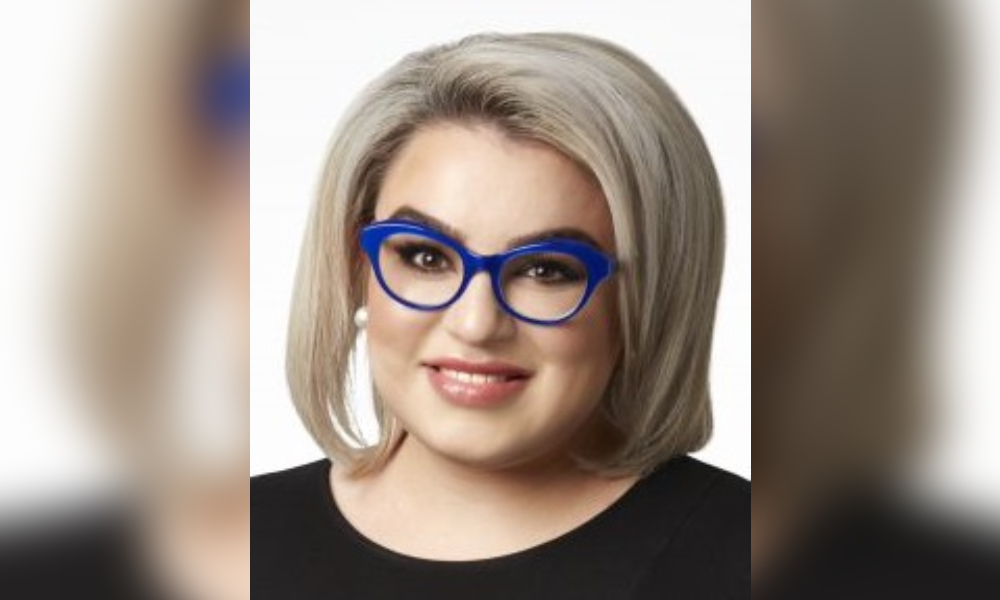
Employees stuck in Singapore, India, Scotland and Canada received Aussie care packages’

TSA Group team members have been receiving surprise knocks on their doors since the COVID-19 pandemic swept the world, closed borders and stranded some in faraway lands or within the walls of their own homes.
Some employees stuck in Singapore, India, Scotland and Canada received “Aussie care packages” loaded with Tim Tams, Vegemite and other hard-to-find goodies.
Team members landing in quarantine hotels also received packages and others working from home had gourmet food parcels delivered or UberEATS for team morning teas, lunches, afternoon teas and after-work drinks.
It was all part of the Perth-based customer experience technology and services company’s Random Acts of Kindness program.
“I’m a strong believer in the importance of showing, not just saying, that you value people, and so over the last six months we’ve run one of the most generous and meaningful reward and recognition programs that I’ve seen,” Zahra Peggs, TSA Group’s group executive of people and corporate affairs, told HRD.
“We’ve sent hand-written, personalised ‘thank you’ cards and gifts to every single team member in our business.
“We’ve sent specially-curated gift baskets to all of our leadership team, with products personally selected for them by their leaders.”
Peggs, a nominee for HR Director of the Year at this year’s HRD Awards, said the unexpected impact of COVID-19 “challenged me professionally in ways that I hadn’t ever contemplated”.
Most TSA Group employees are based across Australia and the Philippines.
The company has a 550-seat contact centre super site in the Philippines.
TSA Group was able to continue operations from key sites in Perth, Adelaide, Brisbane and Melbourne with appropriate adjustments made for physical distancing.
The company’s 550-seat contact centre super site in Manila was significantly impacted by the declaration of ‘Enhanced Community Quarantine’ across the region, which meant team members were blocked from travelling from their homes to work.
They also could not work from home.
TSA Group kept the Manila operation open by securing hotel accommodation for team members for a three-month period. A private transport fleet was also organised to convey team members between the hotel and the centre site each day.
“Our team members made a huge sacrifice to go without seeing friends and family for months while living in the hotel and working on site, and it was immensely inspiring to see their resilience in the face of these challenges,” Peggs said.
It did not begin smoothly.
On the first night the hotel could not accommodate 30 team members.
“Our brilliant Philippines facilities manager, who is also a former army officer, sprang into action to set up what can only be described as ‘glamping’ facilities in our office,” Peggs said.
“Meeting rooms and offices were repurposed into bedrooms, with mattresses, pillows and proper linen being magicked out of seemingly thin air. Towels, pyjamas, hygiene products and full catering was brought onsite.
“As an HR leader, this scenario was pretty much my worst nightmare but our Philippines team members absolutely loved being part of such a grand adventure, and I think were almost a little bit disappointed when we moved them into more standard accommodation facilities the next night.”
TSA Group also faced a challenge onboarding two new client programs in August and September, which involved more than 50 new team members joining the business.
“We had to translate our extremely reliable, tried-and-tested in-office onboarding model to a fully remote, fully digital experience – and we had to do this in a matter of days,” Peggs said.
“We’re still in the midst of this big experiment, but early results are promising – team member engagement is consistent with our historical in-office cohorts, and performance/speed to competency is also tracking well.”